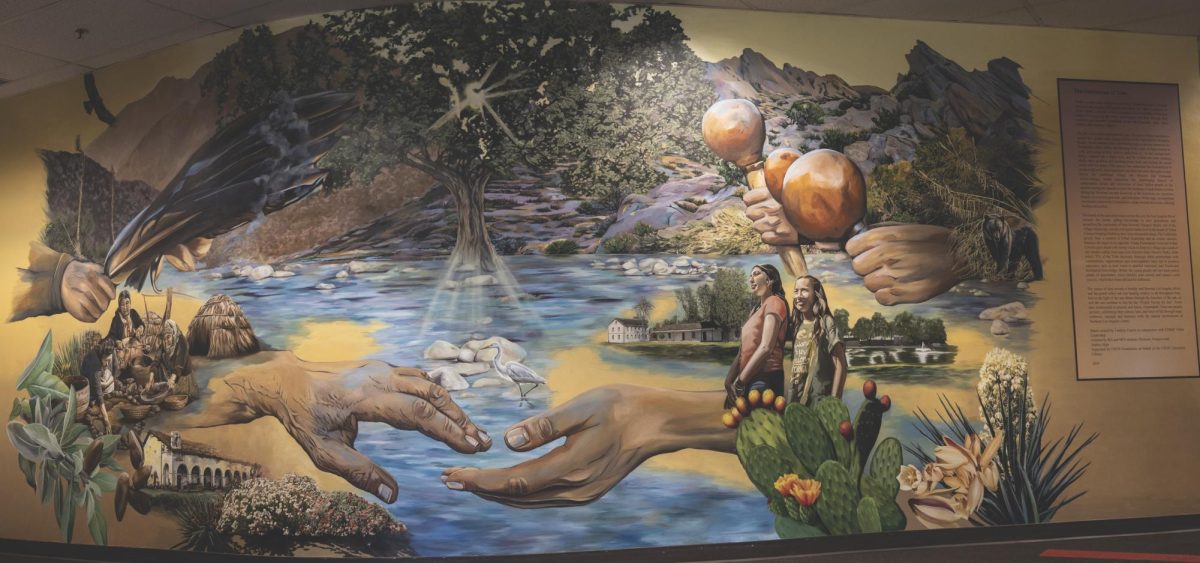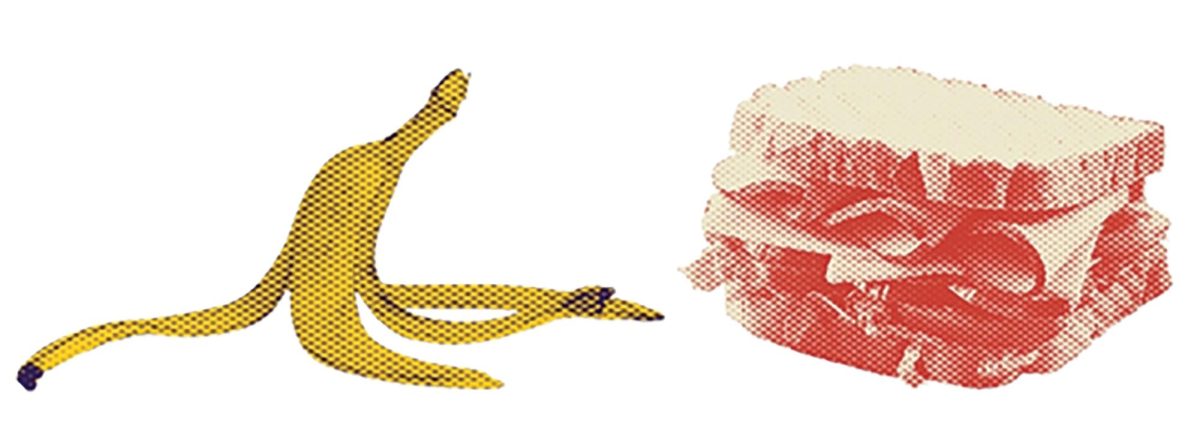CSUN has embraced a commitment to honoring the indigenous history of the land it occupies through a formal land acknowledgement recognizing the ancestral territory of the Fernandeño Tataviam Band of Mission Indians.
This acknowledgement is more than a ceremonial gesture; it is a vital recognition of the rich Indigenous history that continues to in? influence the community at CSUN.
The creation of the land acknowledgement involved a collaborative effort between CSUN administration, faculty and staff working together with members of the American Indian Studies program representatives from the Fernandeño Tataviam Band of Mission Indians.
Historically, the first people of the land where CSUN currently resides used to belong to the Sesevitam and the land was once called Sesevenga. As a consequence of colonization, many lineages of the Sesevitam have been lost over the years, with few surviving today. One of the tribes that continues to exist is the Fernandeño Tataviam Band of Mission Indians, which reside in Northern Los Angeles County.
“We are still here, so I think it’s good to know that people recognize that tribes still exist, that you are on land that belongs to the tribe,” said Jesus Alvarez, tribal senator of the Fernandeño Tataviam Band of Mission Indians.
During major events such as graduations and athletic gatherings, the land acknowledgement serves as a reminder of the indigenous people who first inhabited this land. By incorporating land acknowledgment, CSUN invites students and faculty to re? ect on the significance of the land they occupy.
“We consider our land acknowledgment to be more than a one-and-done statement–it is a values-based affirmation with room to evolve in the years and decades ahead according to the interests, needs and perspectives of the region’s indigenous communities as together we build a brighter and more equitable future for us all,” said CSUN President Erika Beck.
CSUN has made key efforts to support indigenous students and faculty beyond just land acknowledgement. In 2023, Dr. Jeffrey Reeder was named the first Senior Tribal Liaison Officer.Reeder helps strengthen relationships with Native nations and Indigenous groups by guiding campus policies that foster inclusiveness and create a supportive environment for Native American, Alaskan Native and Native Hawaiin communities on campus.
Reeder helps strengthen relationships with Native nations and Indigenous groups, by providing/implementing campus policies that create an inclusive and supportive environment for Native American, Alaskan Native, and Native Hawaiian communities on campus.
Supporting indigenous students is a priority at CSUN. Initiatives such as the American Indian Studies Program and student organizations foster a sense of belonging and cultural pride. These programs provide educational resources, community-building opportunities and spaces for indigenous students to connect and thrive.
As CSUN continues to evolve, it remains committed to uplifting indigenous students, preserving their cultural heritage and fostering long term partnership with local Native nations.














